
Lent Meditations
40 Days in the Vineyard

Day 0: Today Mardi Gras... Tomorrow Lent
Today we eat king cake and wear beads. Tomorrow we begin our slow, attentive journey through Lent. Glad to have you along!

Day 1: Dust you are and to dust you will return
The complexity, richness, and life of soil is stunning. It carries the very DNA of the earth, and, in some ways, it carries the DNA of our human existence. The metaphor of soil is equally rich. The mystery of death and the mystery of life both live in the soil.

Day 2: Bring back some fruit of the land
The topography of our life, or where we are “located” in the world, influences our life. Wherever you are planted – on a “hill” or in a “valley” – is where God, the Master Gardener, decided you would flourish best.

Day 3: Leave what remains...
Throughout the Bible, God urges humanity and especially those who claim to bear God’s name to create and maintain a climate of justice and compassion. If we, as God’s image bearers, fail to care for the foreigner and the marginalized within our context, we will not flourish.

Day 4: The vineyard of the Lord
God, as the Gardener in Isaiah’s poem, planted a vine in good soil and gave it everything it needed to flourish. But the vine (Israel) produced “bad grapes” by ignoring God’s mandate to care for the poor. We are also a planting of the Lord, invited to live generously.

Day 5: I am the true vine
Jesus’ DNA, which was truly God from before the beginning and is now also truly human, is the true root stock of the new creation. With this one statement, Jesus opened a new chapter in history.

Day 6: And my Father is the gardener
The story of a gardener tending a vineyard is long. It’s a daily decision to work the land and care for the vines for a future purpose. Under the careful hand of the gardener, the vines slowly come to maturity, and bear beautiful fruit for the ultimate purpose of making wine.
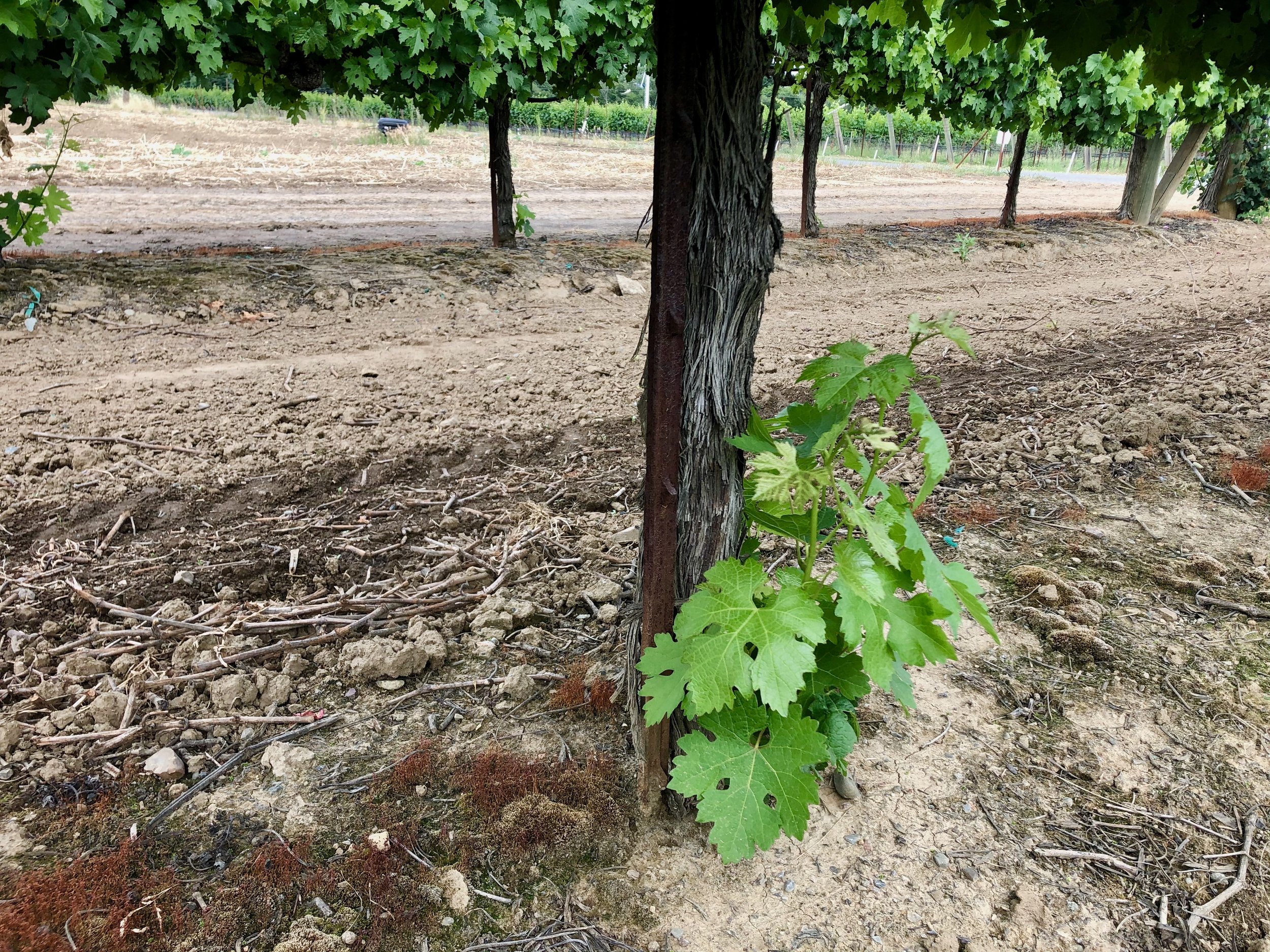
Day 7: He cuts off every branch in me that bears no fruit
We know this conversation took place in late spring because it was Passover. Waking up from winter dormancy, a vine in spring exuberantly pushes out new growth. In order to concentrate the energy of the vine towards excellent fruit, some of the shoots will need to be cut off.
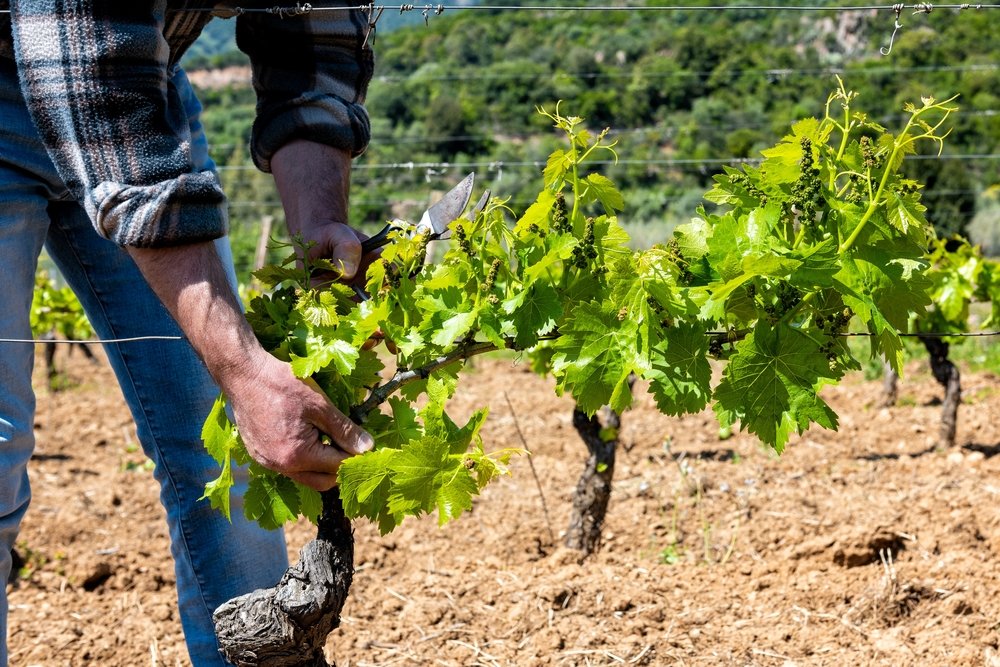
Day 8: While every branch that does bear fruit, he prunes
A grape vine naturally grows down and toward the ground and, if left alone, ends up trailing along the soil. A good gardener will tuck the shoots up into a trellis and rip off any leaves that would interfere with sunlight or air circulation for the fruit.

Day 9: So that it will be even more fruitful
Every act of trellising and canopy management that is done in a vineyard is done for one purpose: fruit.
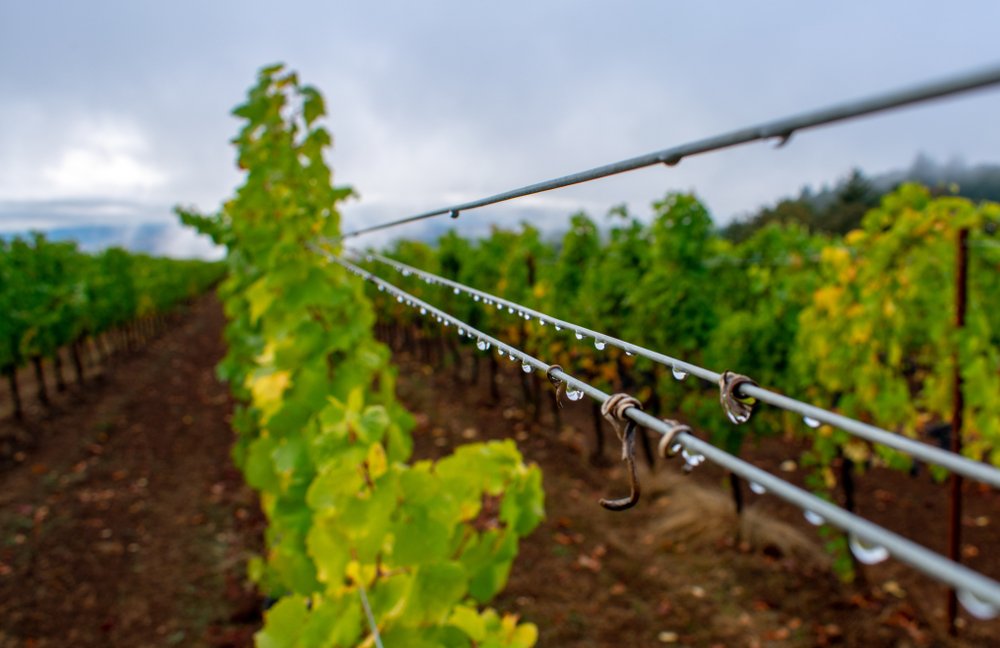
Day 10: You are already clean because of the word I have spoken to you
The gardener has done what the gardener can do, and now it’s up to the vine and the branches to produce the fruit. The gardener plants and supports the vine but only the organic process and work of the vine can produce fruit. Wine is the fruit of the vine and the work of human hands.
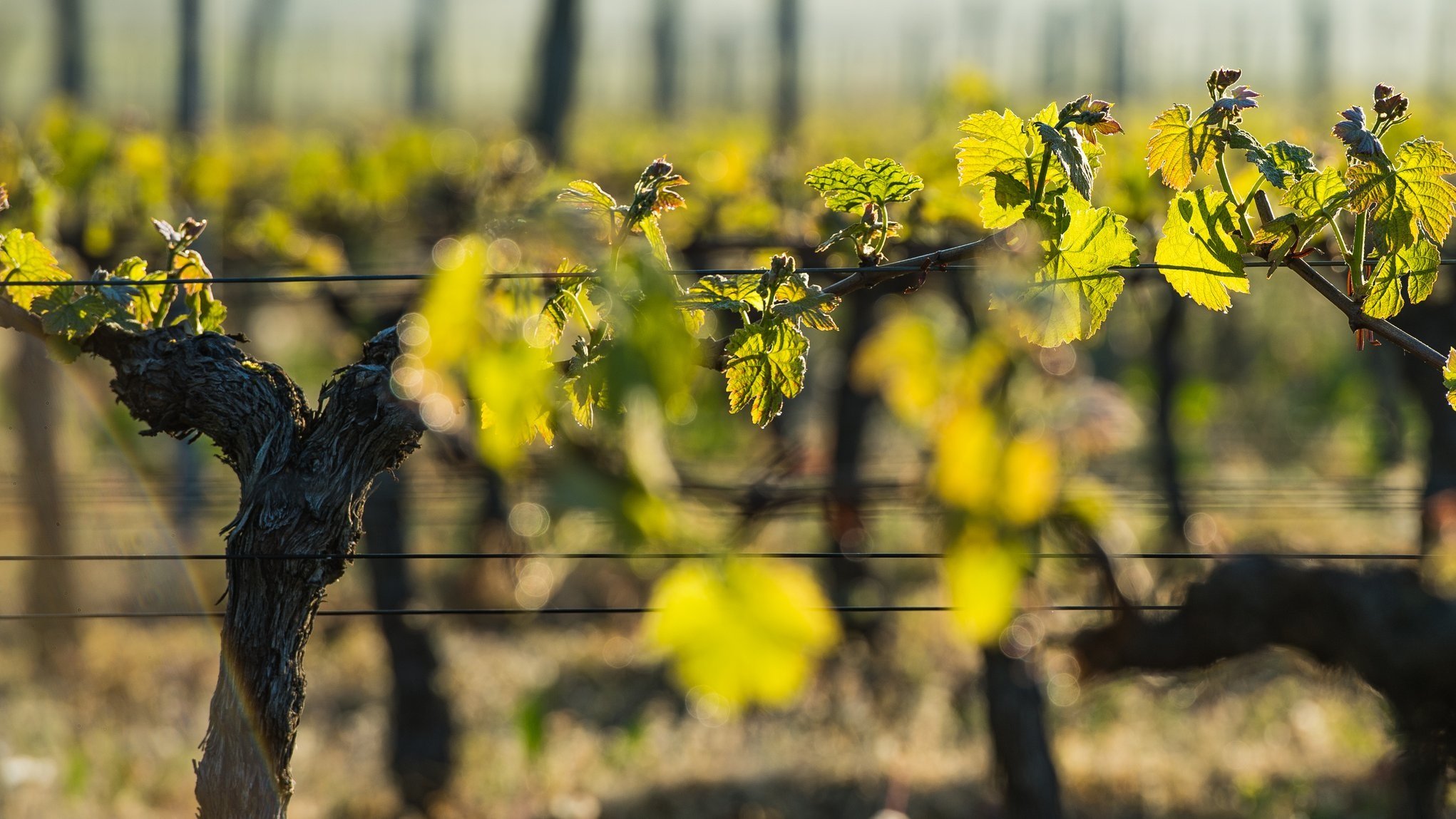
Day 11: Remain in me, as I also remain in you
There is a symbiotic relationship between the vine and the branches. Remaining IN Jesus means there's a total transfer of life-giving water from Jesus (the vine) to us (the branches). Nothing is held back.
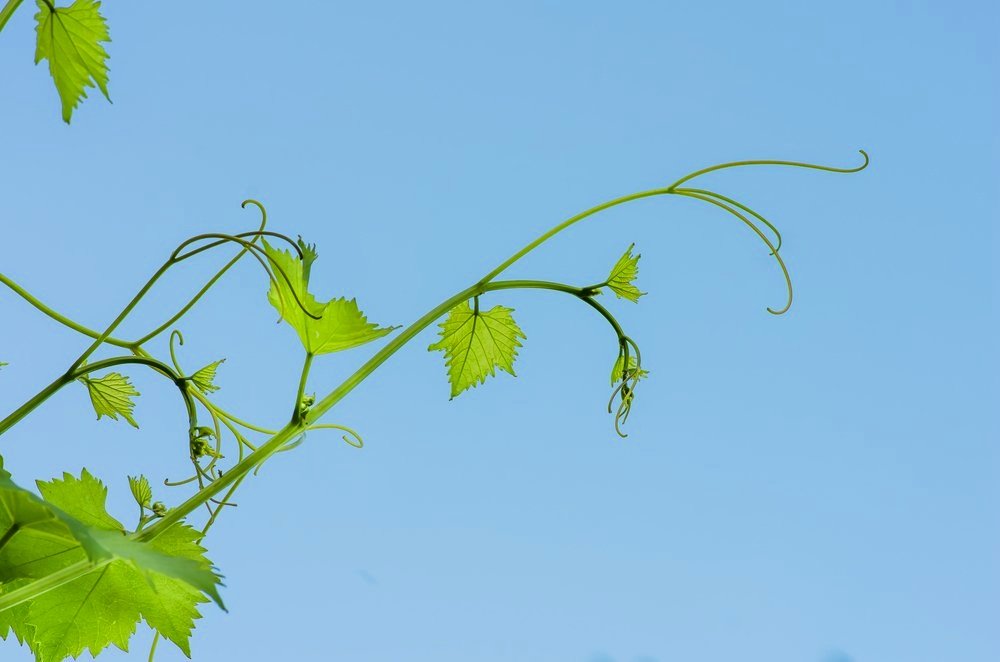
Day 12: No branch can bear fruit by itself; it must remain in the vine
Our fruitfulness is dependent on staying connected to Jesus through ALL the seasons. Fruit grows on second-year wood, not on first-year wood because it takes that long for a bud to develop the internal system of leaves and fruit. It must remain in the vine for a second year to produce fruit.

Day 13: Neither can you bear fruit unless you remain in me
The fruit our life bears will only appear if we remain in Christ. It can be tempting to think that our life’s fruit is something we achieve through our hard work, but it is not like that. Our life’s fruit comes quite naturally through staying connected to the Vine and receiving the life and DNA of the Vine.

Day 14: I am the vine
In the vineyard, the vine is everything. A vineyard can have perfect soil, a wonderful climate and a wise gardener, but none of that is worth anything without the vine. Without the vine, there is nothing. And, without healthy roots, there is no vine.

Day 15: You are the branches
The branches are not the vine. Branches serve a completely different, although integrated, function. First, and perhaps most clearly evident, the branches are where fruitfulness happens. Without branches, there would be no fruit on the vine.

Day 16: If you remain in me and I in you, you will bear much fruit
Making our home in Jesus and letting Jesus take up residence in our life is the core principle of our spiritual life. The result of this is, very naturally, fruitfulness. The deep and necessary connection between the vine and the branches can be understood in many ways, but grafting shows the importance of the connection.

Day 17: Apart from me, you can do nothing
A graft that does not take, or a branch that is broken or cut off the vine, dies. The branches must be attached to the vine to bear fruit. A branch that is isolated from the vine cannot live.

Day 18: If you do not remain in me, you are like a branch that is thrown away and withers
As we consider the metaphor of pruning, it is about death AND fruitfulness. Any branch that is cut off will dry up. There will be no life flowing through it. If, however, the Gardener has left a bud or two, the tiny buds will burst forth with new life, carrying the DNA of the vine to produce fruit.

Day 19: Such branches are picked up, thrown into the fire, and burned
The image of a burning pile of dry branches is alarming and a warning. When we are not attached to the life-giving sap of the Vine, death, dryness, and ultimately, fire is our destiny. Perhaps this seems dramatic or unkind, but the Gardener knows that the fruitfulness of the Vine depends on pruning.
